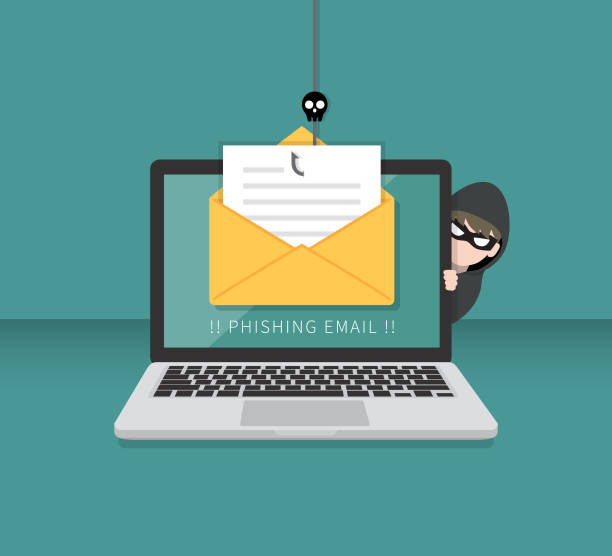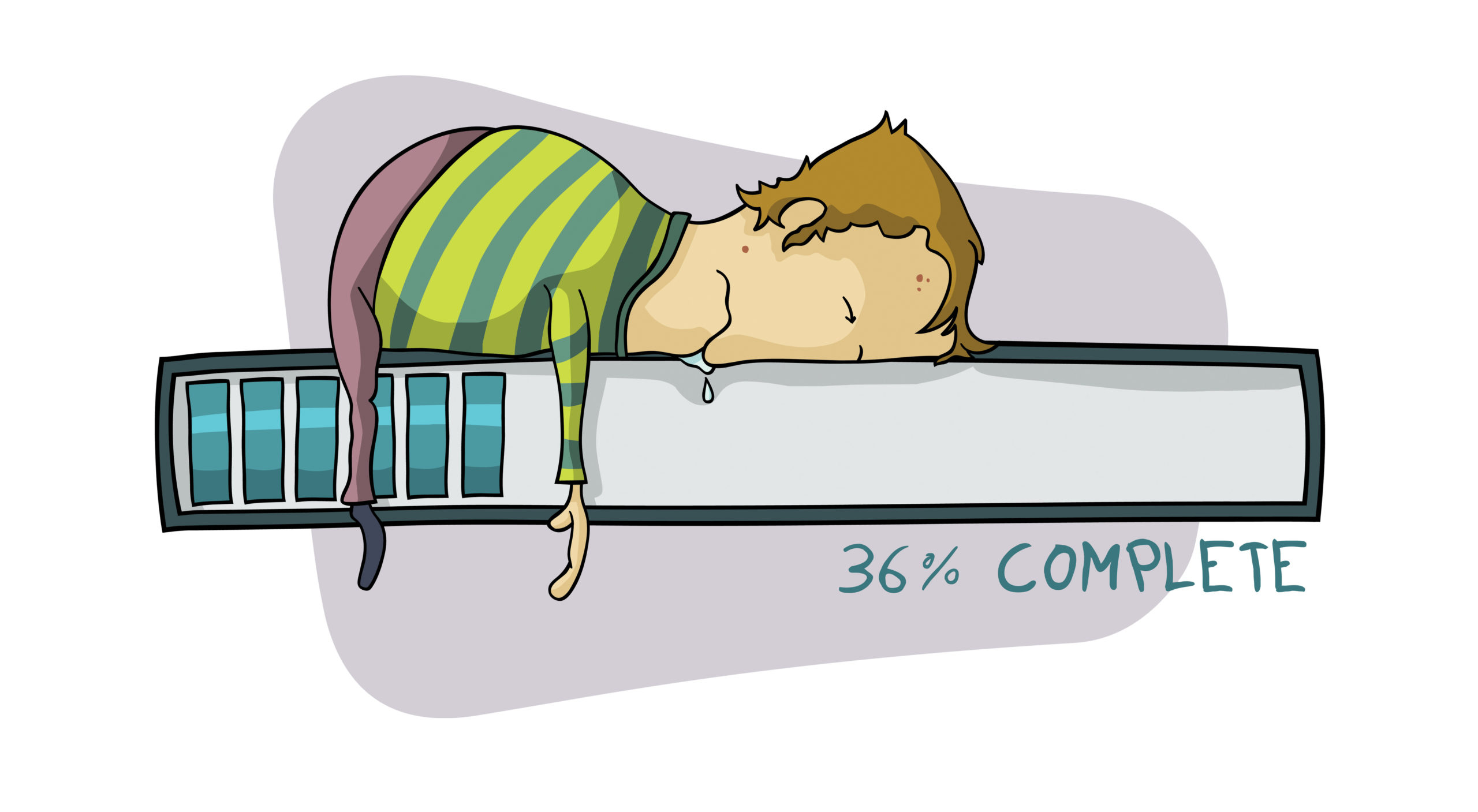Gregg Stebben is the Chief Internet Evangelist for PC Pitstop. Gregg is well-known to radio listeners all over the country as a “tech guru”, including his weekly reports on WTOP in Washington DC. WLW in Cincinnati, WOAI in San Antonio and KSL in Salt Lake. He is the author of 11 books, including INTERNET PRIVACY FOR DUMMIES, and he has also written for magazines ranging from MEN’S HEALTH to ESQUIRE to BON APPÉTIT. He lives in Charleston, South Carolina, USA.
Hi, All –
There are all kinds of tech-related stories we could talk about related to the wildfires that tore through Southern California in the middle of October:
Many of the photos we see online
…are probably being taken by cameras in cell phones
Twitter is a crazy little website where you can send short (140-character) messages from your phone and they automatically get posted online at Twitter.com.
How does that relate to the fires?
Self-appointed citizen-journalists are using their cell phones to post first-hand info about their friends and neighbors and neighborhoods, evacuations and meeting places…
…making Twitter.com an amazing first-response tool, even though it was never designed to be used this way.
And here’s a new use for your old answering machine…if you call and it answers, that means your house is still there.
And when you’re checking your machine remotely for messages (because you’ve been evacuated)…you might find your neighbors have been calling YOUR machine too, because they’re hoping that if YOUR machine answers, it means THERIR house is still there too.
(But if the machine DOESN’T answer … that doesn’t mean your house is gone, it may just mean the power is off.)
But from a technology perspective, here’s the REAL LESSON for most of us to learn from these fires:
Among the countless losses that people will suffer in these fires…
…are losses of vast amounts of personal information, irreplaceable digital photos, millions of downloaded and irreplaceable songs and other stuff that was sitting on unprotected, un-backed up computers.
Seriously, it’s at times like this, while we all watch in a state of disbelief…
…that a discussion about how and why to BACK-UP YOUR COMPUTER is so important.
We’ve talked about this before, but most people STILL don’t back up their computers so let’s talk about it again:
WHY YOU NEED TO BACKUP YOUR COMPUTER:
Just flip on the TV for evidence that it could happen to you…
…all kinds of things could happen to your house (fire, flood, etc.), and also happen to your computer.
Of all of the valuable things that are in your house right now…
…the stuff on your computer is probably the CHEAPEST and EASIEST thing to PROTECT.
And of all the valuable things that are in your house right now…
…the stuff on your computer is probably the HARDEST to REPLACE.
After all, you can ALWAYS buy a new sofa and a new big-screen TV…
…but you’ll NEVER be able to replace your photos, your music, your email, your contacts, and all your other files and documents if you didn’t back it up.
HERE’S HOW TO BACKUP YOUR COMPUTER:
Realistically, there are TWO ways to do it…
…and both have their pros and cons (and if you’re smart, you’ll consider doing both):
BACKING-UP TO AN EXTERNAL HARDDRIVE:
These hard-drives are cheap (as little as $80 for a 250 GB and easy to use; just plug it into your computer’s USB port.
Many come with free software that will automatically backup your computer for you every day or every week.
The pros:
The drive is sitting right there on the desk next to you…
…so you can grab it and run out the door in the event of an emergency, or just because you want to take it to a friend’s house to show him or her some of your photos.
The cons:
The drive is sitting right there on the desk next to you…
…so if you’re not there and there’s a fire or flood or other disaster, you could lose all the data on your backup drive at the same time you lose your computer.
If you only backup your computer once a week…
…you can still lose up to a week’s worth of data.
BACKING-UP TO AN ONLINE BACKUP SERVICE:
Disclaimer: I do commercials for the leading online backup service, which is called Carbonite…I am NOT being paid by them to write this)
Here’s how online backup services work:
When you’re not using your computer (for instance, when you go get a cup of coffee or lunch)…
…a piece of software on your computer scans your hard-drive and makes copies of everything that has changed on the hard-drive since the last automatic backup session.
The encrypted backup copies of your files are then sent to secure servers in cyberspace.
At a later time, you can access your files with your existing computer…
…or with any computer in the world that’s connected to the Internet.
The pros:
Every time you walk away from your computer, the most recent changes you have made are backed up…
…so your computer is backed-up 24/7, and files are backed-up almost as quickly as you create them.
In the event of a disaster…
…your stuff is safely backed-up far away, off in cyberspace where the fire or flood (or whatever) at home can’t reach them.
The cost:
As little as $50 a year for unlimited data backup.




